The history of Jamia Hamdard begins with the establishment of a small Unani clinic in the year 1906 by Hakeem Hafiz Abdul Majeed, one of the well-known practitioners of Unani System of Medicine of his time. Hakeem Hafiz Abdul Majeed had a vision of making the practice of Unani Medicine into a scientific discipline so that Unani medicines could be dispensed in a more efficacious manner to patients. He gave the name “Hamdard” to his venture which means “sympathy for all and sharing of pain”. His illustrious son, Hakeem Abdul Hameed, carried forward the philosophy and objectives of Hamdard in independent India. Even at the time of partition of India in 1947, Hakeem Abdul Hameed was dreaming of setting up a complex of educational institutions which would concentrate on highlighting the contribution of Islam and Islamic culture to Indian civilization and development of Unani medicines for curing diseases
To promote and advance the cause of higher education through modern methods of teaching and advanced research in such branches of knowledge as the Jamia Hamdard may continue to develop core-competence for and as may be in consonance with the emerging needs of India in general and underprivileged communities in particular.
To provide international quality higher education and undertake cutting-edge research in the fields of social, natural science and technology and particularly promote study of modern and traditional medicine systems, especially Unani-tibb, encompassing a holistic and integrative approach to healthcare and to meet societal education needs of underprivileged Indian communities.
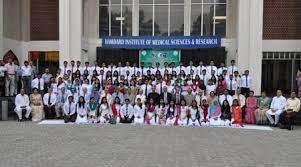
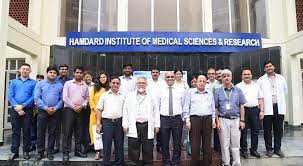






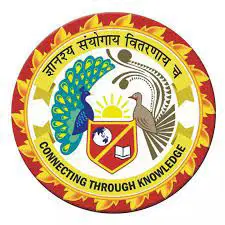



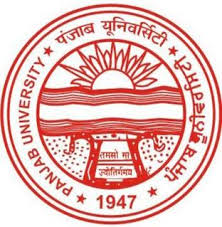



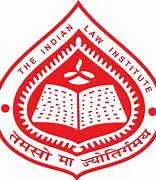

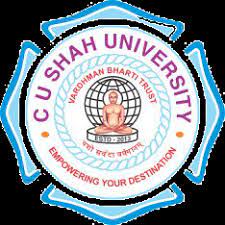





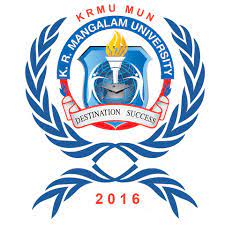



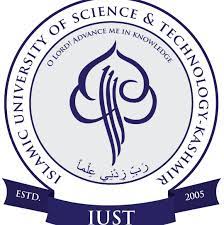





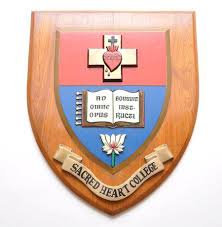











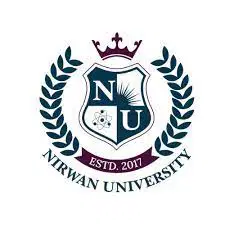










Get Latest Notification of Colleges, Exams and News.
 back
back

